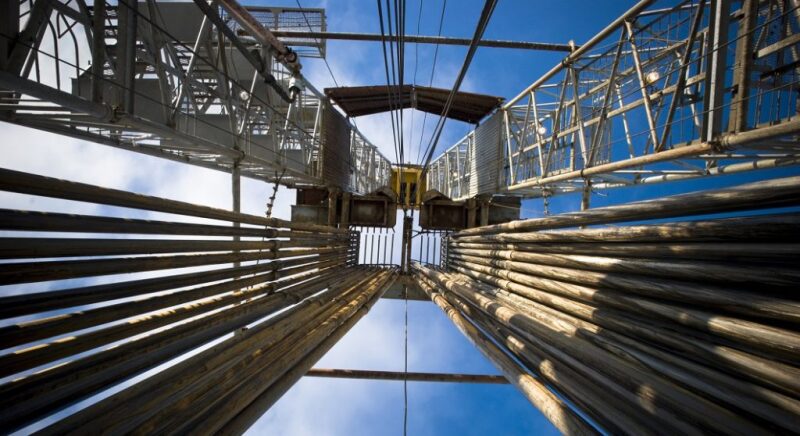Merger and acquisition (M&A) activity in the US shale sector fell sharply in the third quarter of the year, dropping to $12 billion in deals after three consecutive quarters of seeing dealmaking top $30 billion. According to a new report from Enverus Intelligence Research, this is the lowest total since the first quarter of 2023.
The downturn in dealmaking comes as many publicly traded operators sat out this round of acquisitions, particularly in the Permian Basin where fewer opportunities remain, the firm said. It is also the first quarter since 2022 that did not see a merger between two publicly traded companies.
The biggest move of the period was Devon Energy's $5 billion purchase of Grayson Mill Energy’s assets in the Williston Basin.
Andrew Dittmar, a principal analyst at Enverus Intelligence Research, explained that the slowdown follows an “unprecedented” wave of mergers and private equity exits since last year. Since the start of 2023, Enverus has tracked $188 billion worth of public operator consolidation, with 11 deals exceeding $2 billion in value.
“Those deals raised asset prices and cut the number of potential targets,” Dittmar said.
Recent buyers such as Chevron, ConocoPhillips, ExxonMobil, and Diamondback are currently focused on finalizing transactions and integrating their newly acquired assets, the firm noted. Regulatory scrutiny of potential antitrust violations is also contributing to delays in closing some deals.
Dittmar also pointed to oil price volatility in recent months as another factor causing hesitation among potential dealmakers.
“Any time commodities get more volatile, oil and gas deals are harder to negotiate. However, that is short-term turbulence until buyers and sellers feel more confident on the direction oil prices are moving,” he said.
While deals are harder to come by, Enverus emphasized that the trend toward consolidation in the shale sector is far from over.
The firm predicts that fewer companies will be operating in the US in the coming years, although buyers may need to offer higher premiums to entice sellers. Dittmar suggested that the traditional 15% premium paid to selling companies may need to increase to bring more players back to the table.
In the meantime, many are watching asset divestitures by public companies as they streamline their portfolios post-acquisition. Enverus highlighted APA Corp., the parent company of Apache Corp., which followed its $4.5 billion acquisition of Callon Petroleum with a $950 million sale of conventional leases to a private company. Similarly, Occidental Petroleum recently divested $818 million in noncore Permian assets following its acquisition of private equity-backed CrownRock.
Private-to-private sales are also gaining momentum, according to Enverus which said these transactions mostly involve long-term investment groups selling out to newer entities. One of these transactions was Caerus Oil & Gas’s recent sale of its Colorado and Utah gas assets to Quantum Capital Group for $1.8 billion.
Dittmar noted that these deals highlight opportunities to produce significant volumes of oil and gas outside the major shale plays dominated by public companies.
“We’re going to see more interest in these types of assets from private companies and small public companies locked out of the better-known plays,” he said, adding, “the industry is dusting off maps and rediscovering areas that have been under the radar for the last decade.”


